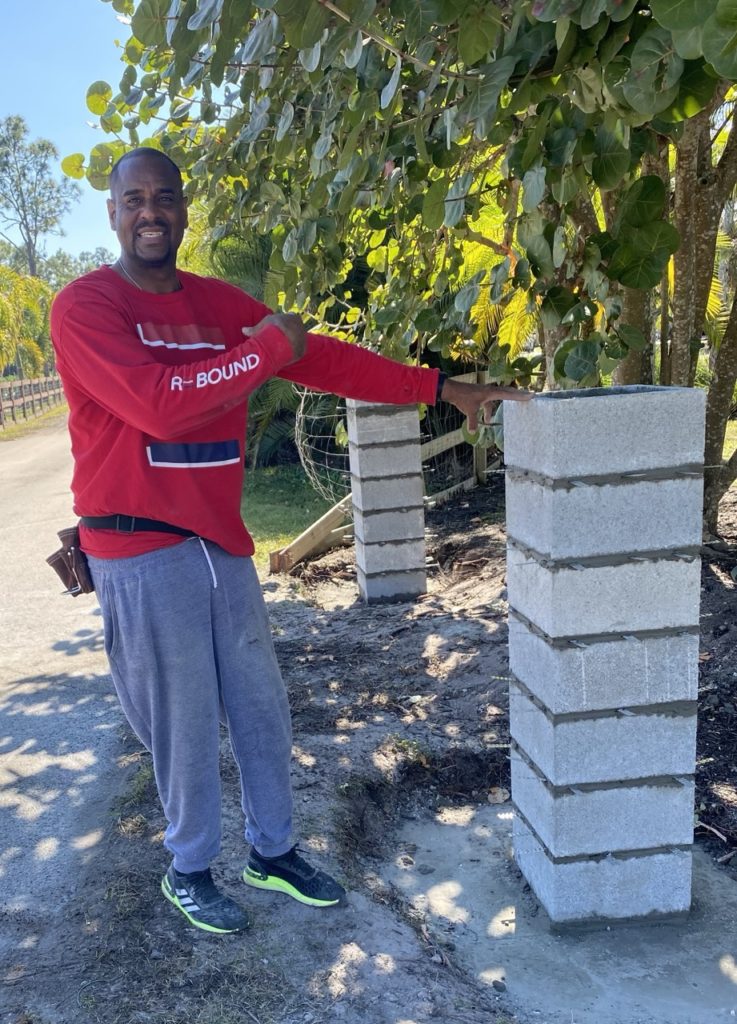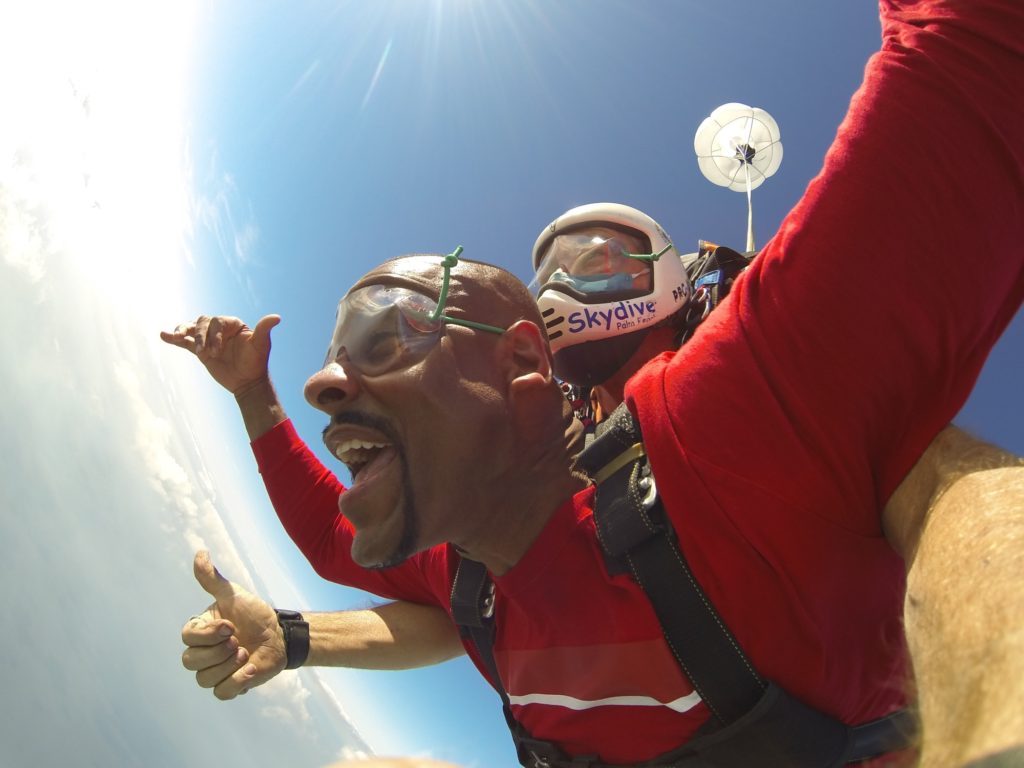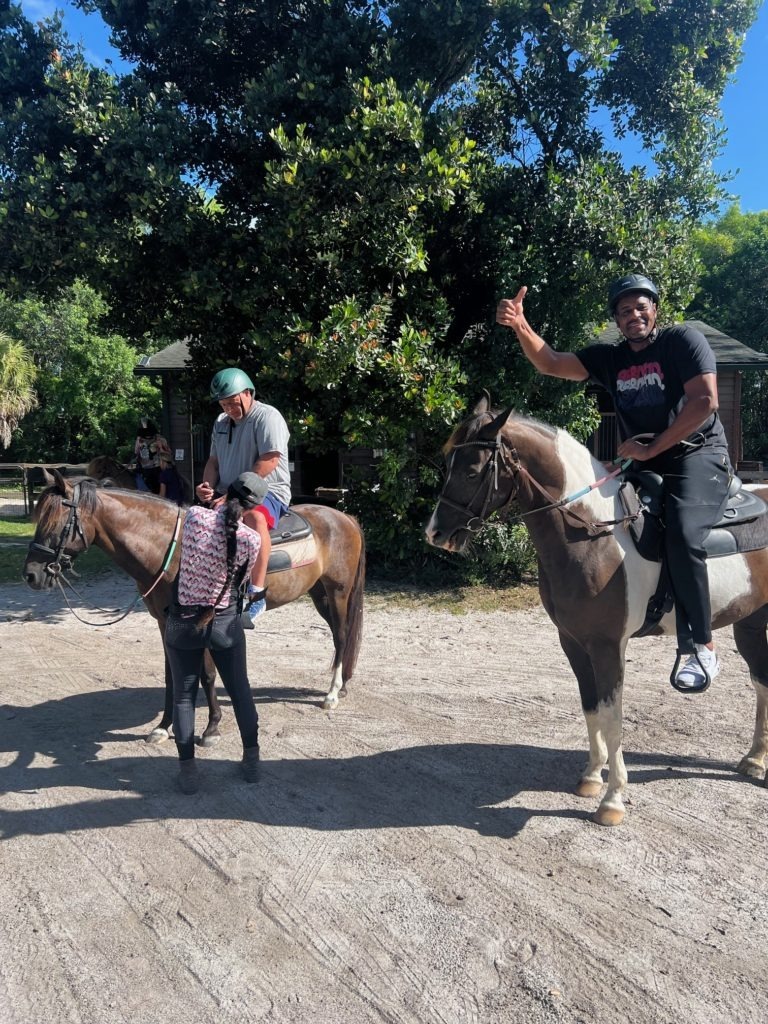Words: Justin Stengel, Content Developer
In an MCAA interview, Jayson Williams, former bricklayer and NBA All-Star, takes us on a journey through his life, detailing how he went from a celebrated athlete to wrestling with substance abuse, and eventually finding a new purpose in helping others fight similar battles. His intriguing story led to the birth of Rebound, a place that’s all about shaking up the traditional rehab scene.

Jayson’s transition from the basketball court to everyday life wasn’t smooth. After a freak accident landed him in prison for 2 years, and after seeing what the rehabilitation systems are like in jail, Jayson realized that there needed to be a change. “Here I am eight years later, and I wasn’t gonna go back to treatment. So I said, I’m going to start my own…” said Williams.
Fed up with old-school rehab centers that didn’t inspire much change, Jayson envisioned a place that was different and full of energy. Rebound is anything but dull. Imagine overcoming your struggles while scuba diving in the ocean or soaring through the skies skydiving. These aren’t just thrilling; they’re therapy, reinforcing physical wellness and pushing personal boundaries, which is a big part of recovery at the Rebound.
“I can sit on a couch right now on this phone and be anybody I want to you. But you see somebody different when you’re about to throw them out of a plane… that’s when you see who they really are” – Jayson Williams.

At Rebound, therapy goes way beyond sitting in a room talking about your feelings. It’s about getting hands-on life skills like masonry, as well as other skills. Jayson believes in the therapeutic power of manual labor—it builds character, good habits, and a can-do spirit among the participants. Jayson knows that healing isn’t a solo journey. At Rebound, everyone’s a ‘teammate’ instead of just a client. This builds a strong community where everyone supports each other. Regular catch-ups and a strong network ensure that the road to recovery is walked together.
“You have to be skilled to do columns or lay bricks. And I love it when people start to appreciate that because 98% of the people who come through the program have no idea how to lay a brick. They don’t want to respect how you lay a brick, but when you put them down there, or you put them behind a tractor-trailer and tell them to back it up, they can’t do it; they are humbled. And that’s what you need to stick with. Your sobriety is being humbled.” – Jayson Williams.

Rebound is designed to prepare its teammates for life post-recovery. Structured routines mirror the challenges of daily life, equipping them with the tools to handle the real world effectively and while sober. Skills learned here aren’t just for staying clean; they’re life skills meant to empower and rebuild lives.
Throughout his interview, Jayson passionately talks about the stigmas surrounding addiction. He’s on a mission to flip the script on how society views sobriety and addiction recovery. By sharing his own lows and victories and highlighting successful recovery stories, he aims to build a more supportive and understanding world for those looking to reclaim their lives from addiction.
“So, I go in, and I speak to four or five hundred inmates, and the biggest thing that we get is that people that have four or five years left on their sentences, they want to know how they can be productive, how they can get ready for reentry.” – Jayson Williams.
Wrapping up his interview, Jayson reflects on his own transformation and the broader goals of Rebound. His personal shift from an athlete to someone who hit rock bottom and then rose as an advocate for change showcases the power of redemption and hope. Rebound is his way of setting the stage for others to find their path back to a fulfilling life. Jayson’s interview is a powerful reminder that with the right approach and community, turning your life around is more than just possible—it can be an inspiring new beginning.
